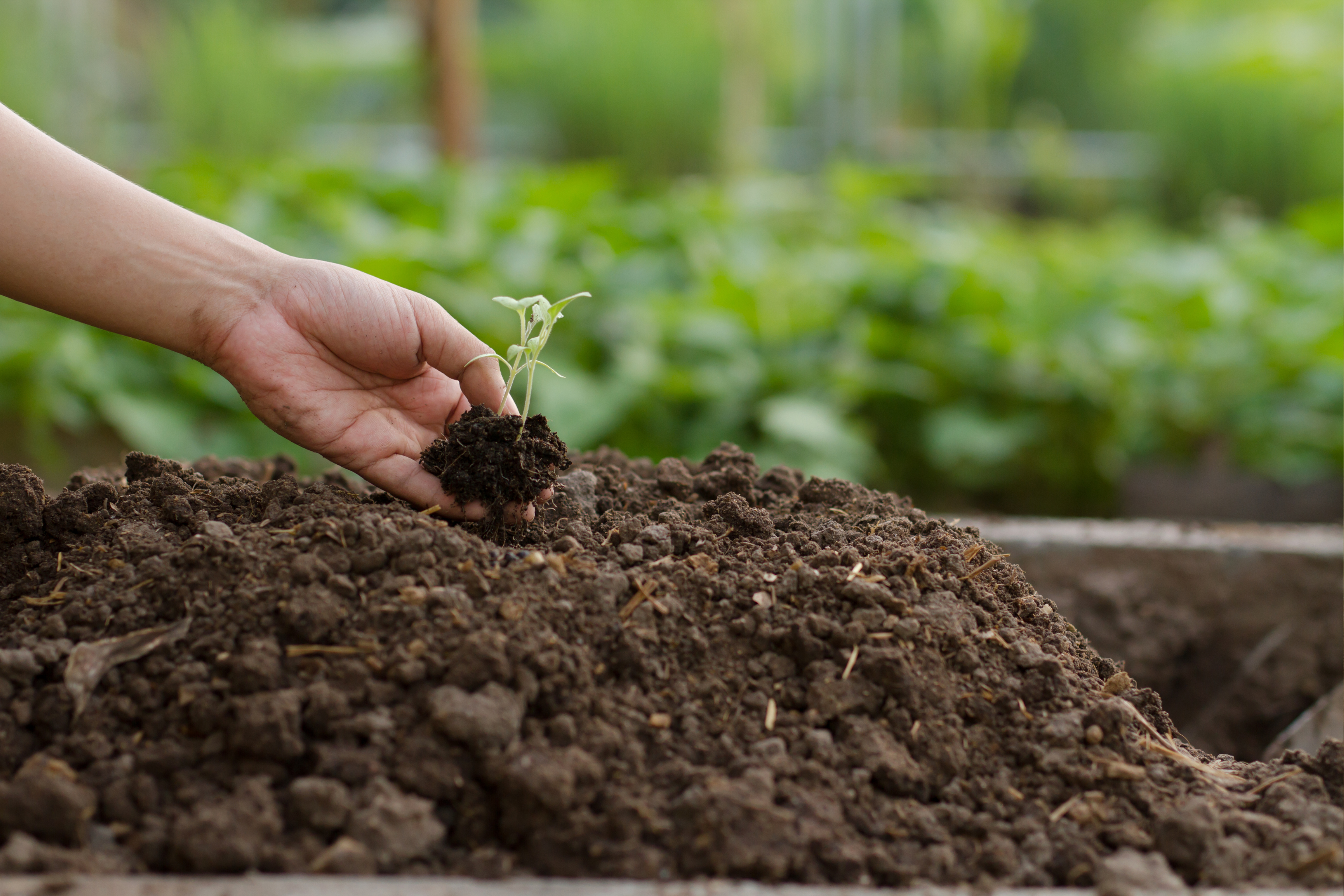Introduction:
Embarking on the journey of gardening as a beginner can be both exciting and daunting. Whether you dream of cultivating a lush vegetable garden, creating a colorful flower bed, or simply nurturing a few houseplants, the world of gardening offers endless possibilities for growth and discovery. In this beginner's handbook, we'll provide you with essential tips and guidance to help you lay the foundation for a successful gardening experience, from selecting the right plants to mastering basic gardening techniques.
1. Start with the Right Plants:
As a beginner, it's essential to choose plants that are well-suited to your level of experience and the growing conditions in your area. Opt for low-maintenance varieties that are forgiving of occasional neglect and adaptable to a range of environments. Consider factors such as sunlight, soil type, and climate when selecting plants for your garden or indoor space.
2. Understand Your Growing Conditions:
Before planting anything, take the time to assess the growing conditions in your garden or chosen location. Determine the amount of sunlight the area receives, the type of soil you have, and any potential challenges such as pests or drainage issues. This information will help you select plants that are compatible with your growing environment and plan your garden layout accordingly.
3. Prepare Your Soil:
Healthy soil is the foundation of a successful garden. Test your soil's pH level and nutrient content to determine if any amendments are needed. Incorporate organic matter such as compost or aged manure to improve soil structure and fertility. Proper soil preparation ensures that your plants have the best possible start and promotes strong, vigorous growth.
4. Learn the Basics of Watering:
Watering is one of the most critical aspects of gardening, but it's easy to overwater or underwater your plants, especially as a beginner. Learn to water deeply and infrequently, allowing the soil to dry out slightly between waterings. Use a watering can or hose with a nozzle attachment to deliver water directly to the base of your plants, avoiding wetting the foliage to prevent fungal diseases.
5. Practice Good Planting Techniques:
When planting, dig a hole that is slightly larger than the root ball of your plant and backfill with soil, gently firming it around the roots. Space plants according to their mature size to prevent overcrowding and competition for resources. Mulch around your plants to conserve moisture, suppress weeds, and regulate soil temperature.
6. Embrace Continuous Learning:
Gardening is a lifelong journey of learning and discovery. Take advantage of resources such as books, online forums, and gardening classes to expand your knowledge and skills. Experiment with different plants, techniques, and methods to see what works best in your garden. Don't be afraid to make mistakes; they're an essential part of the learning process.
7. Stay Consistent with Maintenance:
Regular maintenance is key to a healthy, thriving garden. Develop a routine for tasks such as watering, weeding, pruning, and fertilizing to keep your plants looking their best. Monitor for pests and diseases, and address any issues promptly to prevent them from spreading. Regularly deadhead flowers and remove spent foliage to encourage continuous blooming and maintain a tidy appearance.
8. Be Patient and Enjoy the Process:
Gardening teaches patience and resilience, as plants grow and change at their own pace. Embrace the rhythm of the seasons, and take pleasure in the small victories along the way. Celebrate the first sprout, the first bloom, and the first harvest as milestones in your gardening journey. Remember that gardening is as much about the process as it is about the end result.
Conclusion:
As a beginner gardener, you're embarking on an exciting and rewarding journey filled with growth, learning, and connection to the natural world. By following the tips outlined in this handbook and approaching gardening with curiosity, enthusiasm, and a willingness to learn, you'll lay the foundation for a successful and fulfilling gardening experience.
Remember that every garden is unique, and there's no one-size-fits-all approach to gardening. Trust your instincts, be adaptable, and don't be afraid to ask for help when needed. Above all, enjoy the process and take pride in the beauty and abundance you cultivate in your garden.
Happy gardening!

